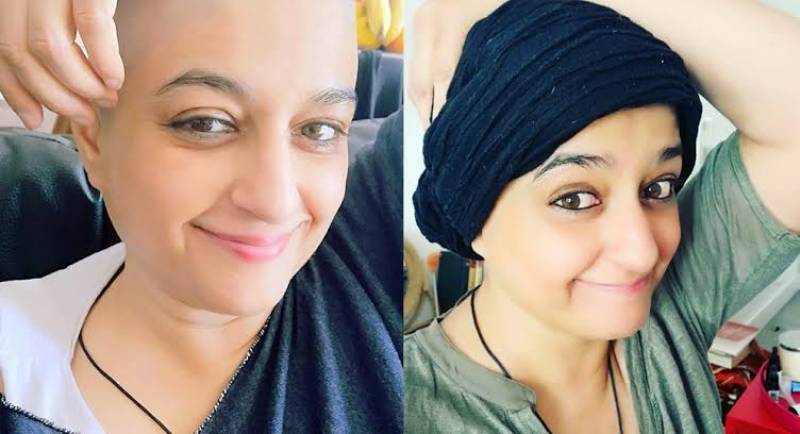Beating breast cancer is a monumental achievement, but the journey doesn’t end when treatment stops. Survivors often face a new chapter filled with physical, emotional, and lifestyle challenges that require ongoing care. Rehabilitation and long-term support are vital to helping women return to normal life, rebuild confidence, and protect their overall well-being.
Physical Rehabilitation
After surgery, chemotherapy, or radiation, many women experience fatigue, muscle weakness, or limited mobility—especially in the arms and shoulders. Rehabilitation programs often include:
-
Physiotherapy: Gentle exercises to restore strength, flexibility, and reduce lymphedema (arm swelling).
-
Reconstructive Surgery Options: For women who undergo mastectomy, reconstructive surgery can help restore body image and confidence.
-
Managing Side Effects: Long-term effects such as bone thinning or nerve damage need continuous medical supervision.
Emotional and Mental Health Care
Life after cancer can bring anxiety, fear of recurrence, or even depression. Emotional recovery is just as important as physical healing. Survivors benefit from:
-
Counseling and Therapy: Professional support helps in processing emotions and adjusting to life changes.
-
Support Groups: Sharing experiences with other survivors fosters strength and reduces feelings of isolation.
-
Mindfulness and Stress Management: Practices like yoga, meditation, and journaling aid in mental well-being.
Lifestyle Adjustments for Long-Term Health
Survivors can lower the risk of recurrence and improve quality of life through healthy lifestyle choices:
-
Balanced Diet: Rich in fruits, vegetables, lean protein, and whole grains.
-
Regular Exercise: At least 150 minutes of moderate activity weekly boosts energy and immune health.
-
Routine Check-Ups: Ongoing screenings and follow-up visits with oncologists are essential.
The Role of Family and Community
Family, friends, and caregivers are key pillars of support. Encouragement, understanding, and practical help (such as assisting with medical appointments or lifestyle changes) create a nurturing environment for survivors to thrive.

